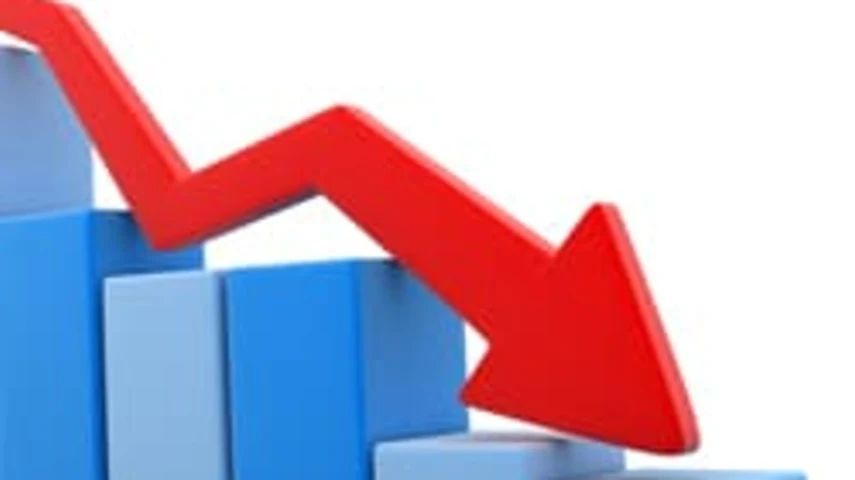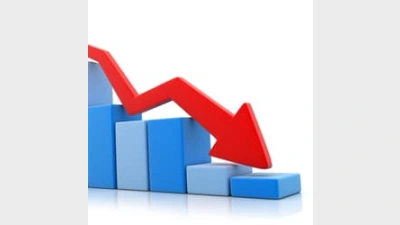ING DIRECT profits down despite super growth



ING DIRECT has posted a 9 per cent decrease in net profit after tax for the 12 months to December 2012.
Strong growth in its low-cost superannuation product Living Super was not enough to better the results it achieved last year, with net profit after tax recorded as $276.9 million compared to $304.3 million in 2011.
ING Direct chief executive Vaughn Richtor said the bank's profit margin had been influenced by difficult funding costs in the first half of the year which had eased in the second half, leading to a 25 basis point cut to variable mortgage rates in October and December.
Richtor said customers had shown a strong appetite for a low-cost highly competitive superannuation product, with 9335 new members signing on to Living Super and funds under management in superannuation increasing to $223 million as of March 2013.
"We have made the product simple enough to be sold direct and the fee proposition is very compelling," he said.
The bank's strategy focused on becoming the primary bank for customers, according to Richtor.
Its retail deposits were up 10 per cent to $28.5 billion, its total deposits-to-loans ratio increased by 70 per cent up from 62 per cent, while risk costs decreased by $20 million.
"There is strong growth in the number of customers who choose two or more of our products and we intend to foster this growth into the future," said Richtor.
ING DIRECT's regulatory capital ratio was 12.6 per cent at the end of 2012.
Recommended for you
In this episode of Relative Return Insider, host Keith Ford and AMP chief economist Shane Oliver unpack the RBA’s decision to keep the cash rate on hold in the face of rising inflation and whether the governor’s hawkish tone is a sign of things to come.
In this episode of Relative Return Insider, host Keith Ford and AMP chief economist Shane Oliver discuss the September quarter GDP figures, which show Australia’s economy regaining momentum.
In this new episode of The Manager Mix, host Laura Dew speaks to Haley Devine, head of wealth management at MaxCap Group, to delve into private credit and commercial real estate.
In this new episode of The Manager Mix, host Laura Dew speaks to Benjamin Leung, head of systematic investments at Macquarie Asset Management, to understand the use of systematic investments.







